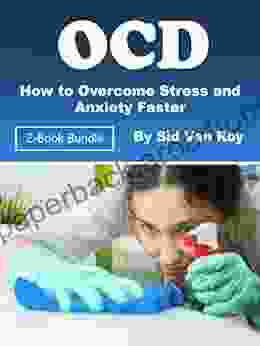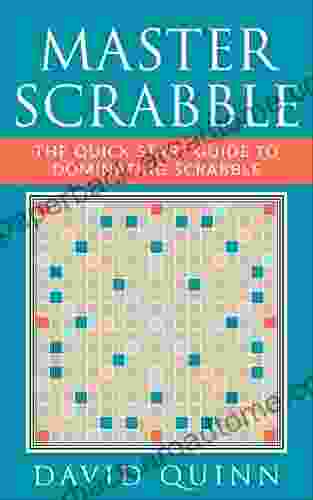Unveiling the Enigma of OCD: A Comprehensive Guide for Patients

Understanding the Complexities of Obsessive-Compulsive DisFree Download
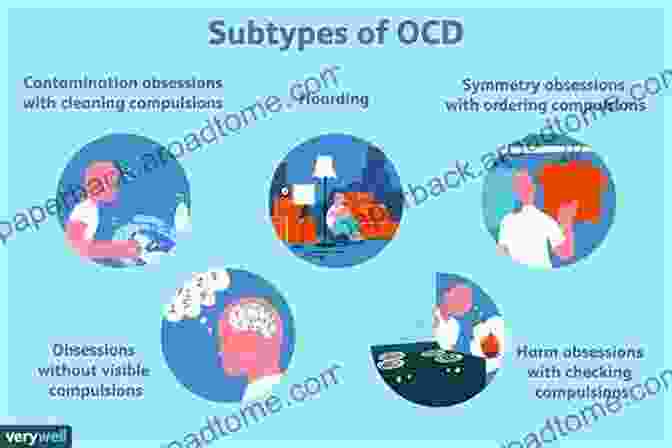
5 out of 5
| Language | : | English |
| File size | : | 426 KB |
| Text-to-Speech | : | Enabled |
| Screen Reader | : | Supported |
| Enhanced typesetting | : | Enabled |
| Word Wise | : | Enabled |
| Print length | : | 69 pages |
Obsessive-Compulsive DisFree Download (OCD) is a prevalent mental health condition that affects millions worldwide. It involves persistent, unwanted thoughts (obsessions) that trigger repetitive behaviors (compulsions). Understanding the nature of OCD is crucial for effective management and recovery.
Recognizing the Symptoms of OCD
- Intrusive Thoughts (Obsessions): Recurrent, distressing thoughts that invade the mind. These thoughts may involve fears, doubts, worries, or urges.
- Compulsive Behaviors: Repetitive actions or mental rituals performed to alleviate anxiety or distress caused by obsessions. Common compulsions include hand washing, checking, counting, or arranging.
- Excessive Time and Impact: OCD symptoms consume significant time, interfere with daily routines, and impair social, occupational, or other important activities.
- Recognition of Obsessions and Compulsions: Individuals with OCD typically recognize that their thoughts and behaviors are excessive or unreasonable.
- Significant Distress: OCD symptoms cause intense anxiety, fear, guilt, shame, or disgust.
Exploring the Causes of OCD
The exact cause of OCD is not fully understood, but research suggests a combination of factors may contribute to its development:
- Neurobiological Factors: Imbalances in neurotransmitters, particularly serotonin, may play a role in OCD.
- Genetic Predisposition: OCD has a hereditary component, indicating a genetic influence.
- Environmental Factors: Traumatic experiences, childhood stress, or certain infections may increase the risk of developing OCD.
- Cognitive Processes: Maladaptive thought patterns and beliefs, such as perfectionism or excessive responsibility, can contribute to OCD symptoms.
Navigating the Diagnosis of OCD
A mental health professional, typically a psychiatrist or psychologist, can diagnose OCD based on a comprehensive evaluation:
- Clinical Interview: The doctor will discuss your symptoms, thoughts, behaviors, and medical history.
- Mental Status Examination: The doctor will assess your mood, affect, and cognitive functioning.
- Diagnostic Criteria: The doctor will compare your symptoms to the diagnostic criteria outlined in the Diagnostic and Statistical Manual of Mental DisFree Downloads (DSM-5).
- Differential Diagnosis: The doctor will rule out other conditions that may have similar symptoms, such as anxiety disFree Downloads or schizophrenia.
Exploring Treatment Options for OCD
Effective treatment for OCD often involves a combination of strategies:
- Psychotherapy: Cognitive Behavioral Therapy (CBT) and Exposure and Response Prevention (ERP) are evidence-based therapies that help patients challenge distorted thoughts, reduce anxiety, and gradually confront their fears.
- Medication: Selective Serotonin Reuptake Inhibitors (SSRIs) are commonly prescribed medications that help balance neurotransmitter levels and reduce OCD symptoms.
- Lifestyle Changes: Regular exercise, healthy sleep habits, and stress management techniques can support overall well-being and reduce OCD symptoms.
- Support Groups: Connecting with others who understand the challenges of OCD can provide valuable support and encouragement.
Living with OCD: Strategies for Management
While OCD is a challenging condition, there are effective ways to manage symptoms and improve quality of life:
- Education: Gaining a deep understanding of OCD helps you recognize and manage symptoms.
- Therapy Adherence: Regularly participate in therapy sessions and follow your therapist's guidance.
- Medication Compliance: If prescribed medication, take it as directed to maintain symptom control.
- Self-Care: Prioritize sleep, exercise, and healthy eating to support overall mental health.
- Support System: Build a network of supportive family, friends, or support groups to provide encouragement and assistance.
: Empowering Recovery from OCD
OCD is a complex condition, but with proper diagnosis, treatment, and support, individuals can effectively manage their symptoms and lead fulfilling lives. By embracing knowledge, seeking professional help, and implementing coping strategies, you can reclaim control from OCD and embark on a path of recovery and empowerment.
Additional Resources
- National Institute of Mental Health: OCD
- International Obsessive-Compulsive DisFree Download Foundation
- Anxiety and Depression Association of America: OCD
5 out of 5
| Language | : | English |
| File size | : | 426 KB |
| Text-to-Speech | : | Enabled |
| Screen Reader | : | Supported |
| Enhanced typesetting | : | Enabled |
| Word Wise | : | Enabled |
| Print length | : | 69 pages |
Do you want to contribute by writing guest posts on this blog?
Please contact us and send us a resume of previous articles that you have written.
Light bulbAdvertise smarter! Our strategic ad space ensures maximum exposure. Reserve your spot today!

 Patrick RothfussAdvancements in Thermofluids and Renewable Energy: A Comprehensive Compendium...
Patrick RothfussAdvancements in Thermofluids and Renewable Energy: A Comprehensive Compendium...
 Sean TurnerThe Mirror of Literature, Amusement, and Instruction: A Window into the World...
Sean TurnerThe Mirror of Literature, Amusement, and Instruction: A Window into the World... Aldous HuxleyFollow ·18.2k
Aldous HuxleyFollow ·18.2k Kazuo IshiguroFollow ·13.7k
Kazuo IshiguroFollow ·13.7k Alex FosterFollow ·6.7k
Alex FosterFollow ·6.7k Colin FosterFollow ·7.8k
Colin FosterFollow ·7.8k José MartíFollow ·12.9k
José MartíFollow ·12.9k Tyrone PowellFollow ·8.7k
Tyrone PowellFollow ·8.7k Roland HayesFollow ·14.8k
Roland HayesFollow ·14.8k Jason ReedFollow ·10.4k
Jason ReedFollow ·10.4k

 Isaiah Powell
Isaiah PowellWisconsin Clinic Pilots Mobile Crisis Response System For...
MADISON, Wis. - A new mobile crisis...

 Daniel Knight
Daniel KnightUnleash Your Creativity: A Masterclass in Fabulous Nail...
Embellish Your Fingertips with Captivating...
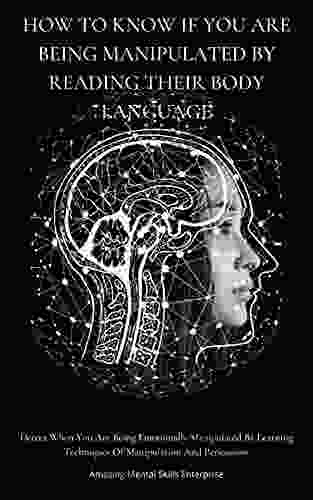
 Clark Campbell
Clark CampbellDetect When You Are Being Emotionally Manipulated By...
Emotional manipulation is a subtle but...
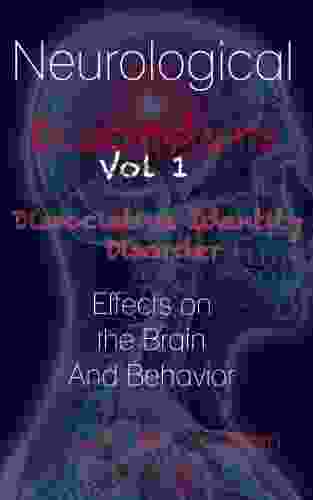
 Eli Brooks
Eli BrooksNeurological Disorders Papers: Dissociative Identity...
What is Dissociative...

 Ricky Bell
Ricky BellAn Introduction to Islam for Jews: Unveiling the Tapestry...
A Bridge of Understanding: Exploring Islam for...

 Octavio Paz
Octavio PazAchieving Longevity: The Complete Step-by-Step Guide to...
**** In the ever-evolving landscape of health...
5 out of 5
| Language | : | English |
| File size | : | 426 KB |
| Text-to-Speech | : | Enabled |
| Screen Reader | : | Supported |
| Enhanced typesetting | : | Enabled |
| Word Wise | : | Enabled |
| Print length | : | 69 pages |


